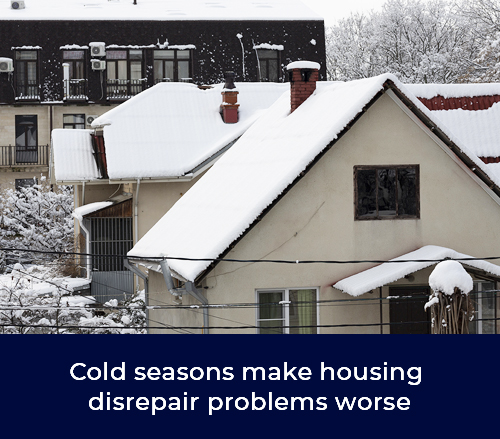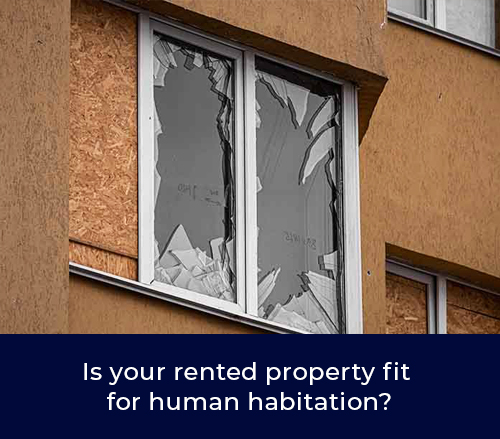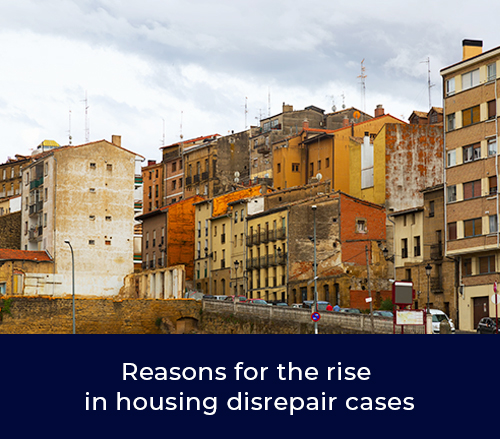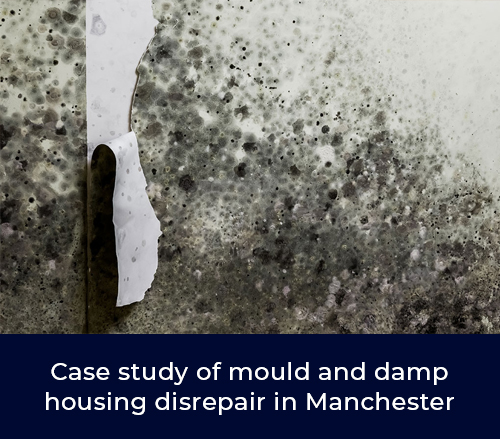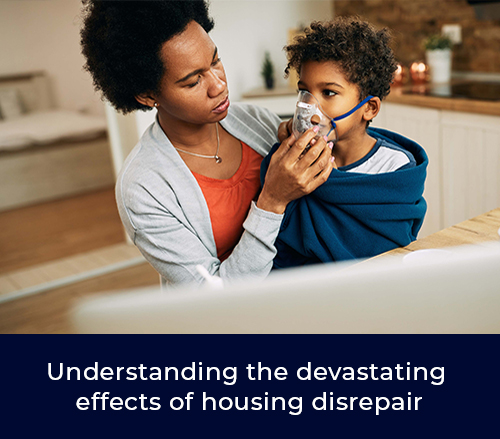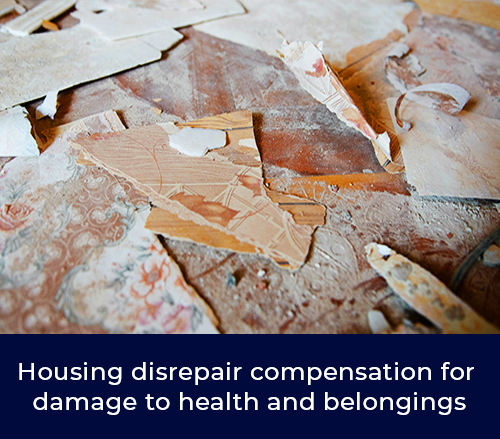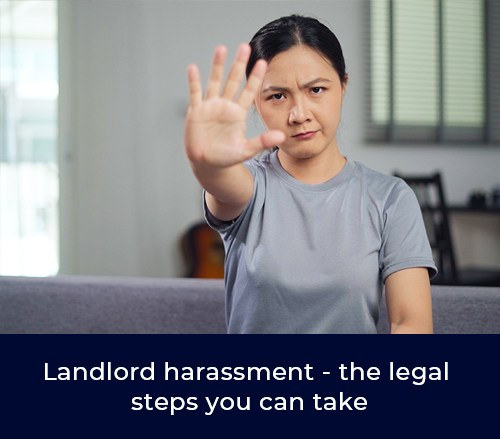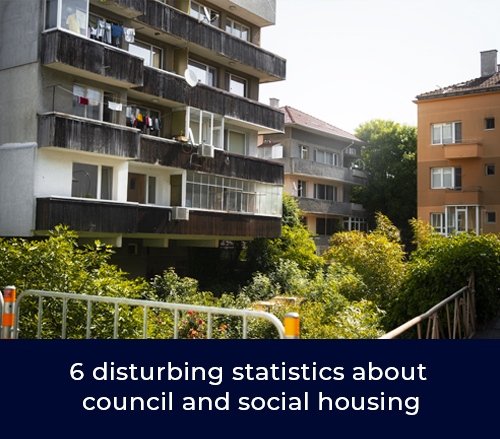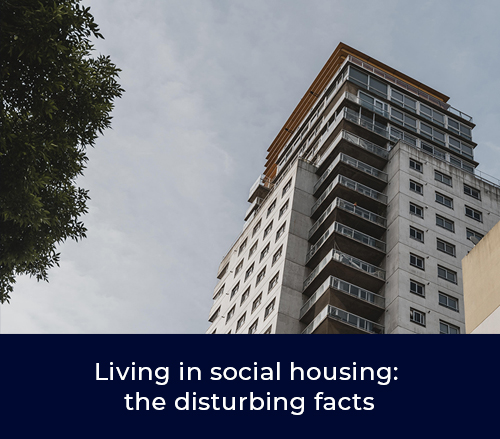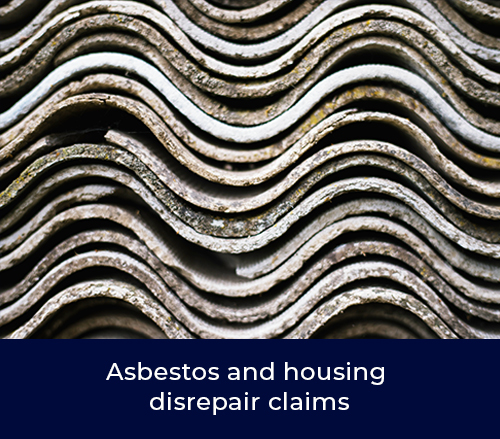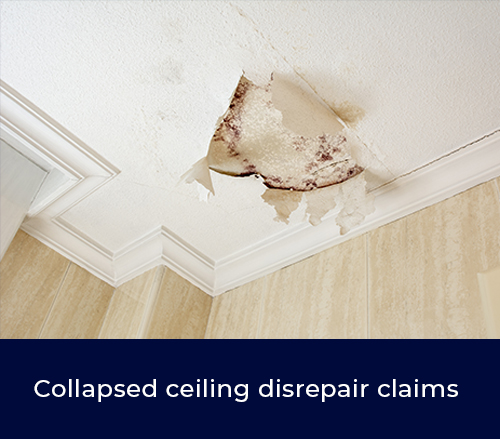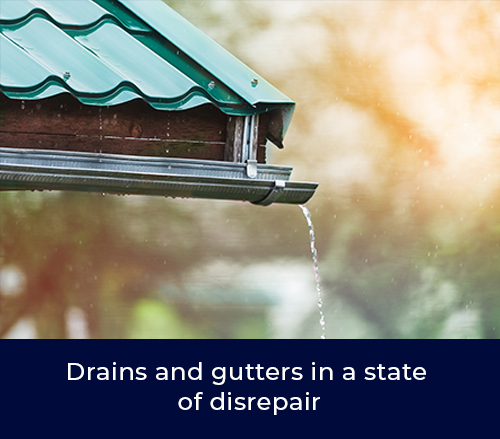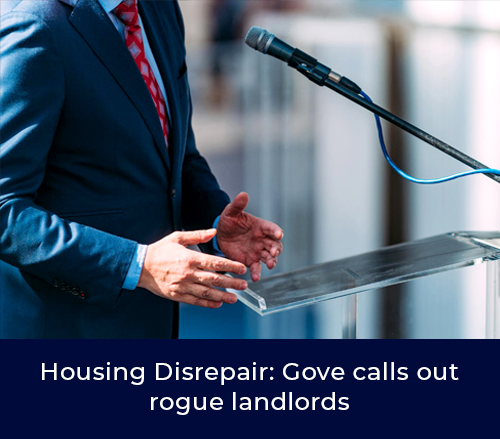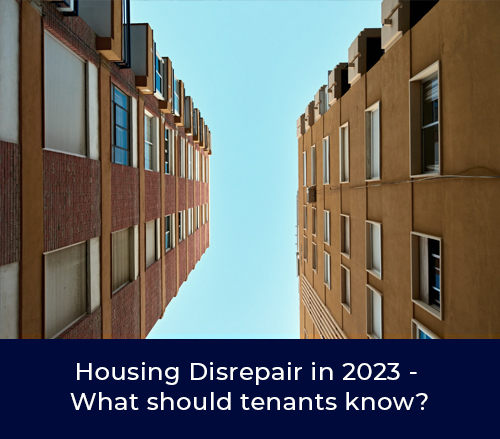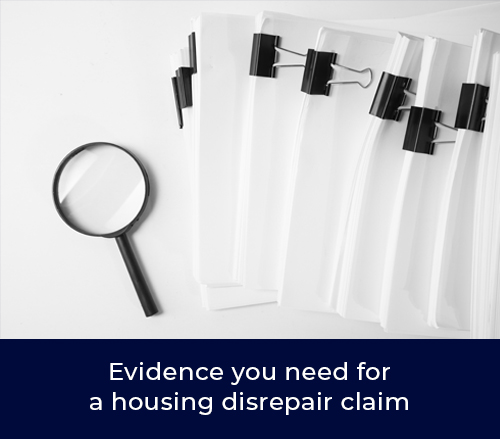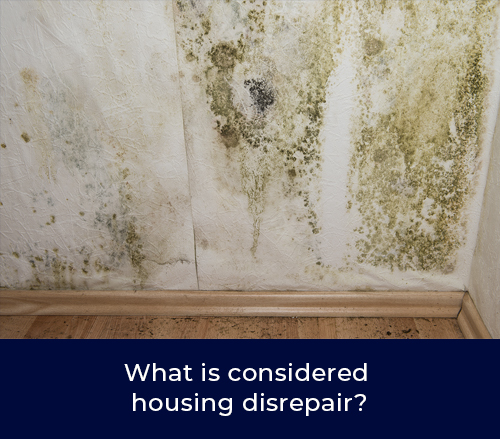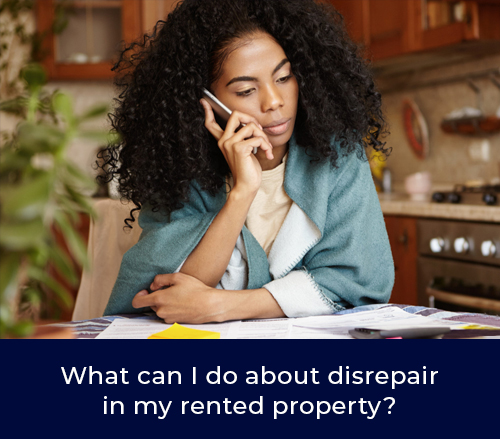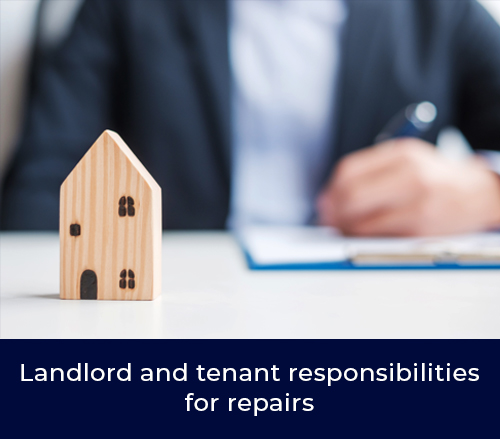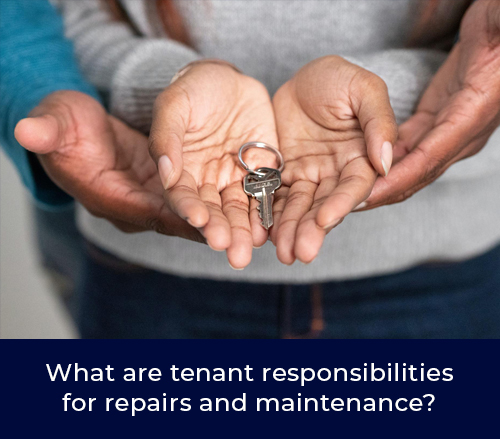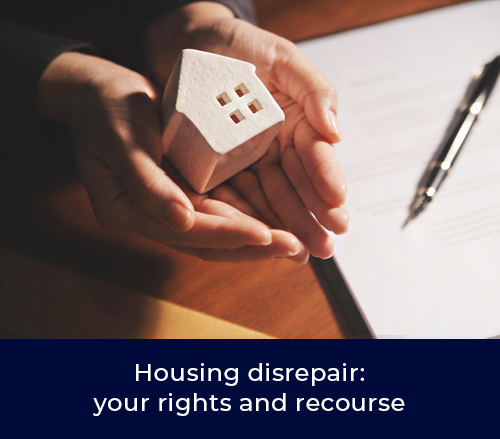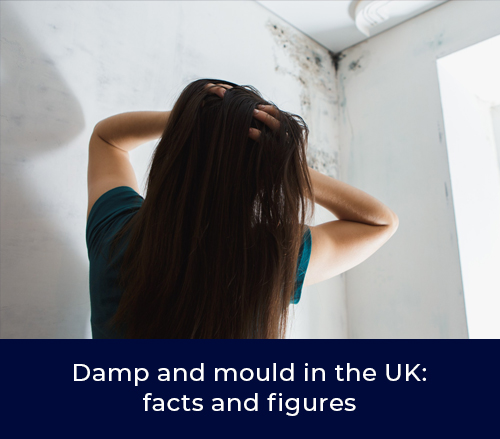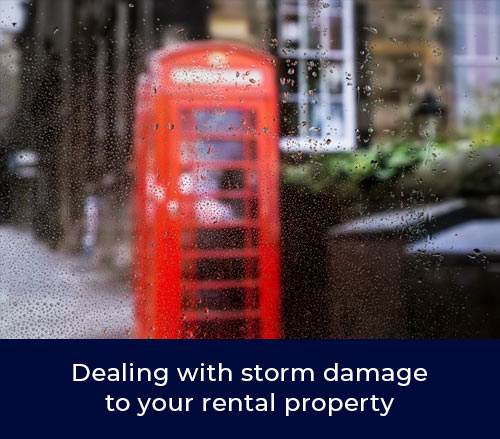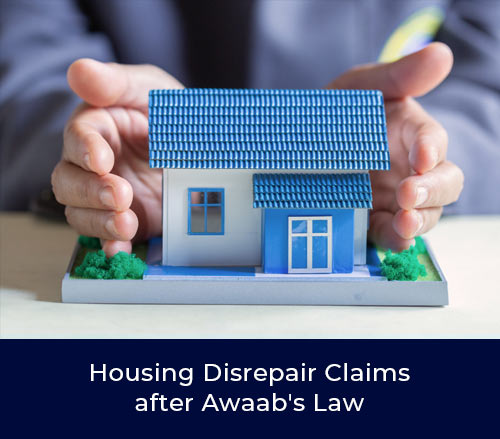Housing Disrepair in 2023 – What should tenants know?
Are you a council, housing association or private tenant? No matter why you’re renting a property, you should have reasonable expectations that your landlord will promptly and efficiently handle any necessary repairs you need.
You should feel safe and secure in your own home, and it’s the responsibility of your landlord to be fair and proactive in taking care of the property and ensuring your comfort and safety.
Understanding landlord obligations
Typically, the tenancy agreement you sign before moving in should specify who is responsible for what. However, sometimes it can be challenging to determine who should take care of repairs or emerging issues in your rental property.
There are several areas where the landlord is undoubtedly responsible, including:
- Non-functioning or unsafe heating systems or boilers Unsafe flooring or staircases
- Leaking pipes or cracked toilets
- Faulty electrical systems
- Rising damp, which causes mould when moisture from the ground travels up through the walls
- Penetrating damp, when water enters the property through external walls, also leading to mould
- Vermin or insect infestations
- Loose tiles or brickwork
Legal requirements and guidance
In 2022, the legislation from the Housing Act of 1985 still applies to housing disrepair cases. Section 11 of the Act states that landlords are responsible for keeping the structure and exterior of the property, including drains, gutters, and external pipes, in proper repair and working order.
Additionally, the Housing Act of 1996 was introduced to address various aspects related to the social rented sector, houses in multiple occupation, landlord-tenant matters, housing benefit administration, tenant conduct, allocation of housing accommodation, homelessness, and related purposes.
Alongside these legislative measures, the Housing Ombudsman Service, responsible for handling housing complaints and improving residents’ lives and landlords’ services, has issued new guidance for landlords regarding disrepair claims and the complaints process.
Making a housing disrepair claim
If you’ve been requesting repairs in your rented property without a positive response from your landlord, you may be eligible to pursue a housing disrepair claim. However, you should always communicate with your landlord first and give them a reasonable amount of time to arrange for the necessary repairs. Of course, if the repairs are urgent, it’s crucial to express the urgency. It’s best to give a notice in writing.
If your rented home is falling into disrepair, remember to gather evidence of the disrepair. Gathering evidence is crucial to support your claim and strengthen your case, as it provides tangible proof of the housing conditions that have caused inconvenience, discomfort, or even health risks.
Why do you need a housing disrepair solicitor?
If you’re unsure about the next steps, SilverOak Solicitors offers a free initial assessment for council and housing association tenants where we can discuss your concerns. Before deciding whether to proceed with a housing disrepair claim, we will provide you with legal advice. We can represent you on a Risk Free, No Win No Fee basis, meaning you won’t have to pay unless we win your case.
To learn more and book your initial consultation with one of our housing disrepair experts, you can reach us at 020 8578 778 or email us at contact@silveroaksolicitors.com.
Get in touch with one of our disrepair experts
Use the online chat on our website
Call us on 020 8578 7778
E-mail us contact@silveroaksolicitors.com
Visit us at our office. We are open Monday-Friday 9am - 5.30pm
When you first contact us, we will ask for some initial details, including your contact information and the nature of your enquiry. You can be assured that everything you discuss with us will be completely confidential, and any information stored by us will be in accordance with UK data protection regulations.



